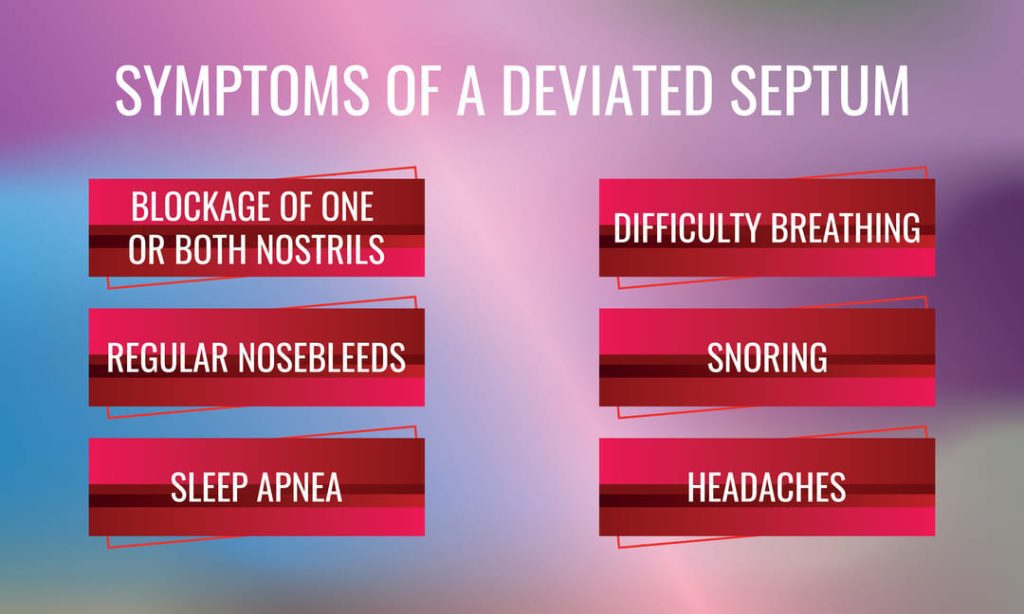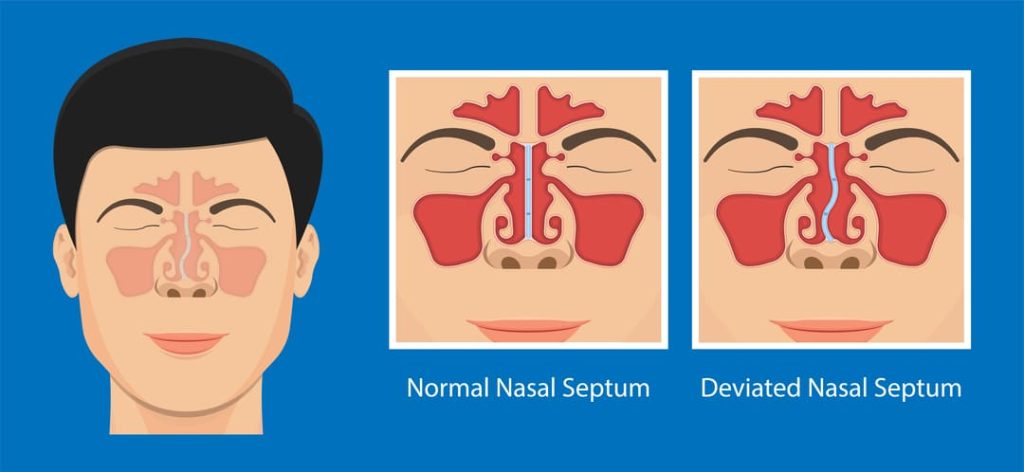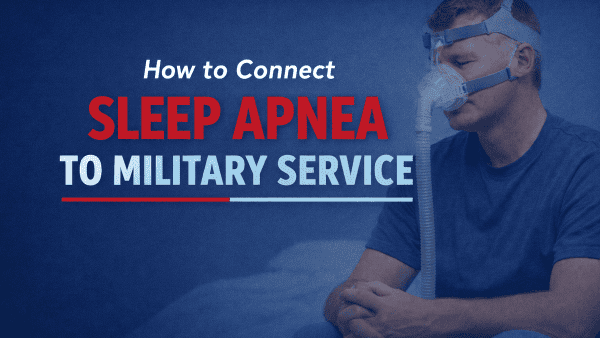Looking for Expert-Level VA Claim Answers?📱Call Us Now! 737-295-2226
A deviated septum is a common condition among veterans that often stems from a service-related injury.
If your deviated septum was caused or made worse by your service, then you could qualify for compensation and other VA benefits.
In this post, we’ll explore how to qualify for a deviated septum VA rating.
We’ll examine eligibility criteria, look at how the VA rates deviated septums, explore service connections, and break down how to file a VA claim for a deviated septum.
Let’s begin.
Table of Contents

Deserve a Higher VA Rating?
Book a no-obligation VA Claim Discovery Call with an experienced team member. We’ll review your situation, spot what the VA may have missed, and help you map out a strategy to unlock the VA disability rating and tax-free compensation you’ve earned for your service. Click the red button below to book your call.
Deviated Septum and the Military
A deviated septum occurs when the thin wall (nasal septum) between nasal passages is displaced or crooked.
This misalignment causes one nasal passage to be narrower than the other, which can cause difficulty breathing, nasal congestion, recurrent sinus infections, and snoring.
A deviated septum can have many causes. When it comes to your military service, injuries like a broken nose from combative training or a head injury caused by a wreck in a military vehicle can result in a deviated septum.
Either of these scenarios could make you eligible for a deviated septum VA rating since they happened during and because of your service.
Deviated Septum VA Rating Criteria
A VA rating is based on the severity of your symptoms and the impact they have on your day-to-day life. The more negatively your symptoms affect your life, the higher your rating will likely be.
The VA uses standardized rating criteria to evaluate how bad your symptoms are and to assign a corresponding rating percentage.
These rating criteria can be found in the federal Schedule for Rating Disabilities. Every disability rated by the VA is listed in the Schedule for Rating Disabilities and is assigned a Diagnostic Code (DC).
Deviated Septum VA Disability Scale
The VA assesses a deviated septum using Diagnostic Code 6502. This DC falls under respiratory system disabilities.
There is only one VA rating option available for this condition—10%.
You may get a 10% rating if their deviated septum is “traumatic,” which means:
- At least 50% of their nasal cavities are blocked on both sides, OR
- 100% of their nasal cavity is obstructed on one side.

How to Prove Service Connection
To receive a deviated septum VA rating, you have to establish service connection.
To prove service connection, you must have these THREE essential elements:
- A current medical diagnosis of your condition. The VA can’t rate a condition that hasn’t been formally diagnosed.
- Evidence of an in-service event, injury, disease, or aggravation. You have to show that something that happened during and because of your service caused your condition or made it worse.
- A “nexus” (or link) between #1 and #2 via competent medical evidence. Basically, the evidence needs to support that your in-service event, injury, or illness is more likely than not responsible for your condition. “More likely than not” is one statement of probability that can be used in a nexus letter.
These three elements make up what is known as the Caluza Triangle.

How to File a VA Claim
To file a VA claim for VA disability for a deviated septum and receive a rating, follow these five steps:
- Gather Documentation: Collect medical records showing current diagnosis, test results, service records, and other evidence, such as Medical Nexus Letter or Independent Medical Opinion (IMO) linking your deviated septum VA disability to your military service.
- Complete VA Form 21-526EZ: Fill out this form to apply for disability compensation. Include details about your exposure, symptoms, and how it affects your daily life.
- Submit Your VA Claim: Send the completed form and supporting documents to the VA regional office handling your claim. You can submit it online through the VA website, by mail, or in person.
- Undergo Examinations: The VA might schedule you for medical examinations to evaluate the extent of your deviated septum VA disability.
- Await the Decision: The VA will review your claim, considering the evidence provided.
The VA will notify you of their decision regarding your eligibility for VA disability, including the VA benefits and compensation.
How to Increase Your VA Compensation
If you already have a deviated septum VA rating, the best way to increase your rating is to pursue a secondary condition, if applicable.
A secondary condition is a disability that is caused or made worse by another service-connected disability. These types of conditions may not be directly caused by your military service, but in the VA’s mind, since the condition would not exist if not for an already rated disability, it’s still considered service-connected.
For example, if your deviated septum affects your sleep to the extent that you become depressed from fatigue, you could be eligible for a VA rating for depression secondary to a deviated septum.

NEED MORE ASSISTANCE?
Most veterans are underrated for their disabilities and, therefore, not getting their due compensation. At VA Claims Insider, we help you understand and take control of the claims process so you can get the rating and compensation you’re owed by law.
Our process takes the guesswork out of filing a VA disability claim and supports you every step of the way in building a fully-developed claim (FDC)—so you can increase your rating FAST!
If you’ve filed your VA disability claim and have been denied or have received a low rating—or you’re unsure how to get started—reach out to us! Take advantage of a VA Claim Discovery Call. Learn what you’ve been missing—so you can FINALLY get the disability rating and compensation YOU DESERVE!

Asaad Fakhir
A former US Army translator in Iraq (2006-2009) and an ex-commissioned Iraqi officer, Asaad graduated from the Royal Australian Military College (2010-2014). Asaad holds a Bachelor’s degree in English Arts and currently serves as a content writer at VACI, leveraging military experience with linguistic skills to create impactful content.



